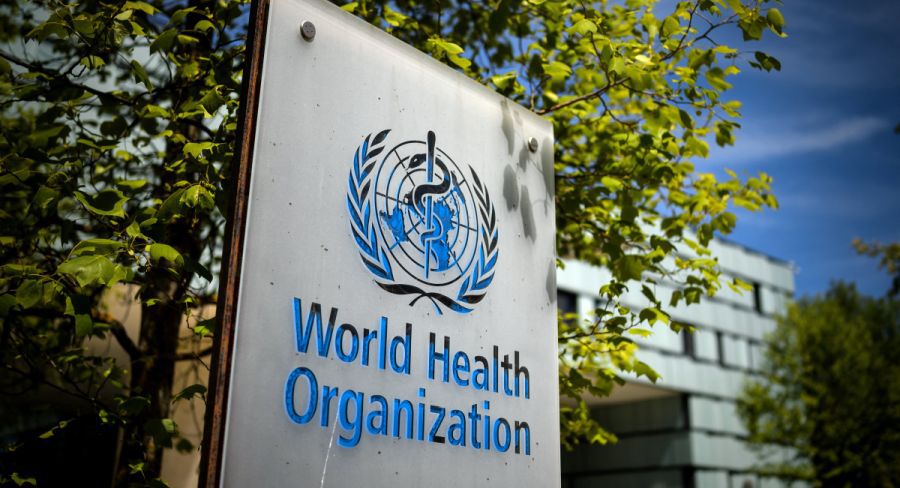
The 194 member countries of the World Health Organization (WHO) have been working on a new international pandemic preparedness and response agreement for two years.
The following are the key factors at play in the final week of negotiations:
Why do countries want an agreement?
The Covid-19 pandemic showed how ill-prepared the world was to face a crisis like that, which was generally addressed with national criteria.
Serious deficiencies at the national and global levels affected a timely and effective response.
The current International Health Regulations were considered insufficient in that crisis.
WHO director Tedros Adhanom Ghebreyesus, who warned in 2018 that the world was not prepared for a pandemic, wants to end the cycle of negligence and panic in the face of health crises.
Hoarding of vaccines, lack of protective equipment (PPE), exposed and exhausted health workers, and rich countries that showed off charity by sending their medicines about to expire to the poorest, were some of the deficiencies exposed by the last pandemic. .
For this reason, countries decided in December 2021 to adopt binding commitments to prevent, prepare for, and respond to pandemics.
What does the draft say?
The current draft, which is far from final, has been reduced and revised from its previous versions.
Negotiators work on the basis that nothing is agreed until everything is agreed.
The text attempts to deal with the serious inequalities that blocked access to vaccines, oxygen, PPE, tests and treatments.
It also seeks to ensure that samples of pathogens with pandemic potential are shared early, safely and transparently.
It contains sections on surveillance, the resilience of health systems, health workers, research and development, regional production, technology and knowledge transfer.
It also addresses access to benefits, supply chains, government purchasing and distribution, as well as sustainable financing.
Why is it stuck?
Equality and balance in obligations.
WHO legal director Steve Solomon admitted that “It won’t be easy to find common ground” in the time left.
“The good news is that key principles have been agreed: principles on fairness, impartiality, solidarity, transparency and accountability“, he claimed.
He said the remaining points are how best to prevent a pandemic, sharing information, medicines and vaccines, a secure supply chain, building global capacity to manufacture those products and sustainable financing of that work.
What do the great actors want?
The main US negotiator, Pamela Hamamoto, said that the intellectual property waiver plans have no chance of reaching consensus.
The European Union says that prevention and preparedness have been “significantly diluted” in the latest draft.
The United Kingdom feels that progress has been lost and that the new draft is a step backwards.
“In our opinion there is no credible plan to conclude this negotiation”said British ambassador Simon Manley.
Switzerland, home of large pharmaceutical industries, “is not prepared to accept the text in its current state”, and opposes flexibility in terms of surveillance and immediate exchange of information on pathogens.
China, where Covid-19 was first detected, wants the treaty to firmly oppose the “stigmatization” from countries affected by pandemics.
Russia considers the prospect of sanctions in the health sector inadmissible.
What do small countries want?
Bangladesh, representing the 31 countries in the equity group, said public health must come before commercial interests.
It also considers that the current text does not provide sufficient legal certainty regarding timely access to health products and that it is “very weak” in access to pathogens and the exchange of benefits.
India, on behalf of South Asia, feels that without financial and technological support “it will be impossible to achieve the heavy obligations imposed in the negotiated text, especially for developing countries”.
Some 48 African countries demand concrete results regarding a sustainable financing mechanism.
South Africa defends the sovereign right of countries to “control access to your genetic resources” and samples, and wants the removal of barriers to the transfer of technology and knowledge.
Source: Gestion
Ricardo is a renowned author and journalist, known for his exceptional writing on top-news stories. He currently works as a writer at the 247 News Agency, where he is known for his ability to deliver breaking news and insightful analysis on the most pressing issues of the day.












